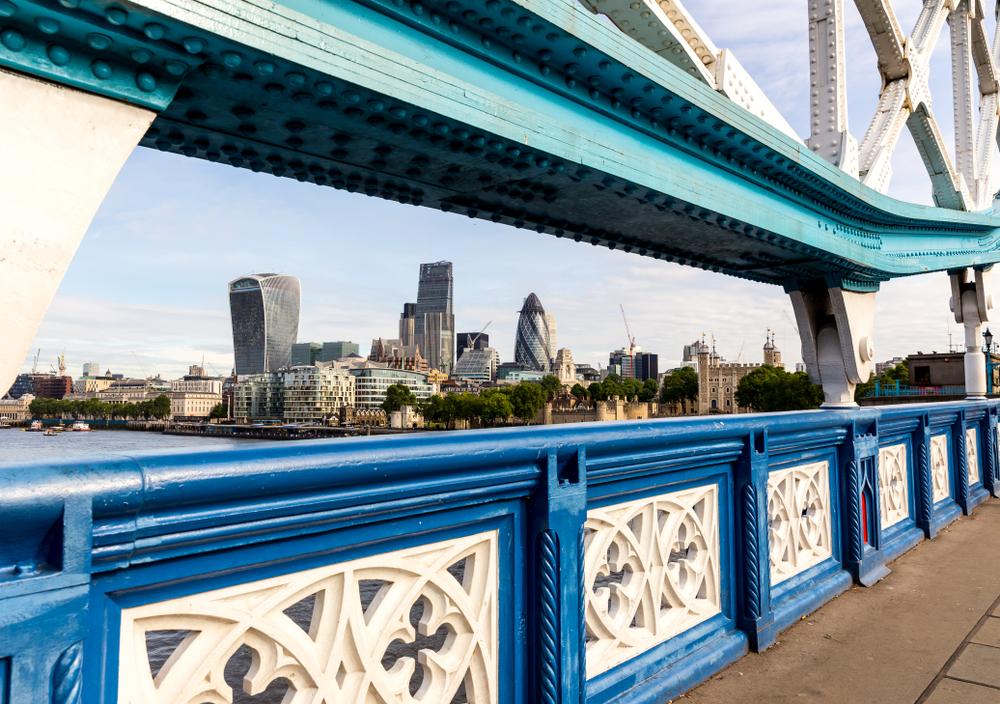The FTSE 100 (INDEXFTSE: UKX) surged by 81 (1.3%) points to reach 6,326 at its peak on Tuesday after PM Boris Johnson announced further lockdown easing measures and reports indicate that the UK’s economic activity is beginning to pick up. Markets were buoyed by good news on Tuesday, but the long-term implications of the coronavirus pandemic continue to take their toll across the board.
The end of lockdown is nigh in England, with the PM’s announcement that pubs, restaurants, hotels and hairdressers can all reopen come 4th of July – alongside a relaxation in the government’s current 2 metre social distancing guideline. People should continue to try and stay at least 6 feet apart where possible, but a “one metre plus” rule is set to be introduced in order to help close contact hospitality companies resume business as normal. The news comes as a welcome relief to an industry hit especially hard by lockdown, even as a number of restaurant chains – including family favourite Wagamama – call for further government support and prepare for mass redundancies once the UK’s furlough scheme comes to an end in October.
The manufacturing industry has seen a sharp rise in activity during June, according to data released by IHS Markit on Tuesday. Preliminary reports indicate that factories have returned to a growth trajectory having risen from 40.7 in May to 50.1 this month – crucially only just above the 50 point margin which represents stagnation. Manufacturing has no doubt benefitted from the easing of lockdown restrictions across the UK, although concerning reports of outbreaks of coronavirus at a meat processing factory in Wales threaten to undermine the good news. A total of 175 employees at the factory in Llangefni have tested positive for the virus and the site has been forced to close as local authorities attempt to stop the infection from spreading.
Despite the surge in economic activity, the car industry continues to struggle amid warnings that 1 in 6 jobs could be at risk. The Society of Motor Manufacturers and Traders have said that the industry is in “critical need” of government support, with a third of employees still on furlough and a record 99.7% free-fall in car volumes to the lowest level since World War II. The transport and motor industry have been among the hardest hit sectors of the UK economy and grim predictions of a no-deal Brexit on the horizon rub salt into the wounds of any hopes of a sustained recovery. A combination of reduced demand, social distancing and scuppered trade deals across Europe leave the industry in a difficult position with little solace that the hard times are over just yet.
Coronavirus is also set to change the office landscape permanently, according to reports by Reuters. The financial districts in Bank and Canary Wharf told record numbers of employees to work from home during the peak of the pandemic, but even as lockdown measures are eased, a significant proportion of those that have been working out of office are set to be encouraged to do so for the foreseeable future. Banks are planning to cut office space and “reset” their operations after large numbers of employees proved that working from home was effective and sustainable in the long-term. The strategic move is also likely to help cut costs, as renting space in London is notoriously expensive and working remotely is expected to remain attractive to businesses while social distancing measures remain in place.
Tomorrow is Quarter Day for the UK retail sector, as businesses are expected to pay rent for the next 3 months to their landlords. The expectation is that less than half of due amounts will be collected as high street businesses were forced to shut between March and June. A number of commercial landlords are facing bankruptcy – including INTU Properties, which owns Lakeside shopping centre – after a collapse in rental payments from tenants as stores labelled “non-essential” by the UK government. INTU (LON: INTU) has since appointed accountancy firm KPMG to help develop a “contingency plan” for the months ahead. The company’s share price has slid 4.56% or GBX -0.21 BST 16:35 23/06/20 on the eve of the long-awaited collection date.
Rounding up the news of the day, the Euro jumped to its highest level in the last 4 months following Markit’s upbeat economic report, as the manufacturing PMI in the eurozone jumped to 46.9 this month from the previous 39.4 in May. The USA’s PMI rose to 46.8 from 37.0 in May, showing signs that the economy across the pond is also starting to recover, although it still remains considerably below the 50 point stagnation mark. Meanwhile, the British sterling remained largely unchanged against the US dollar by today’s updates.
So, a mixed bag for global markets overall on Tuesday, but hopes that economic recovery is imminent continue to be stoked by glimpses of good news across the majority of sectors.




